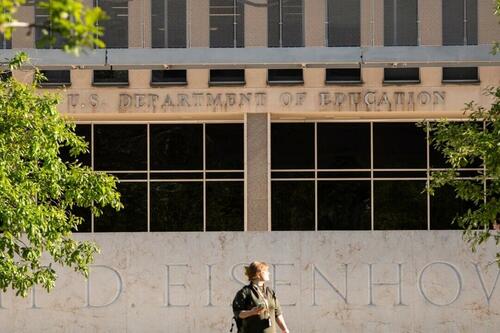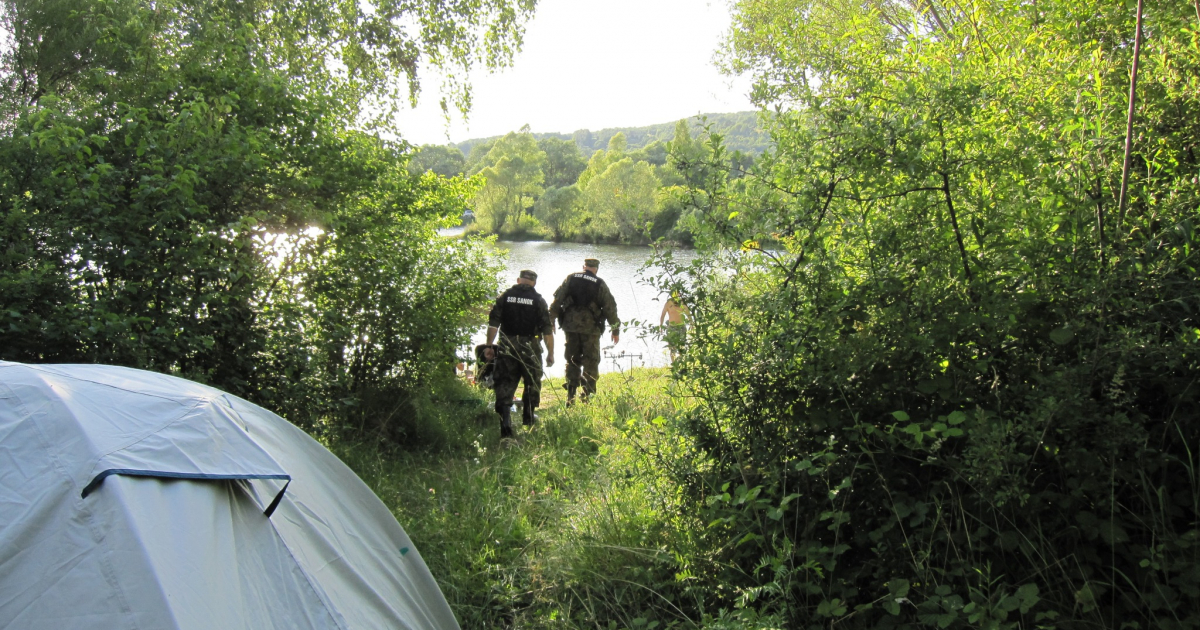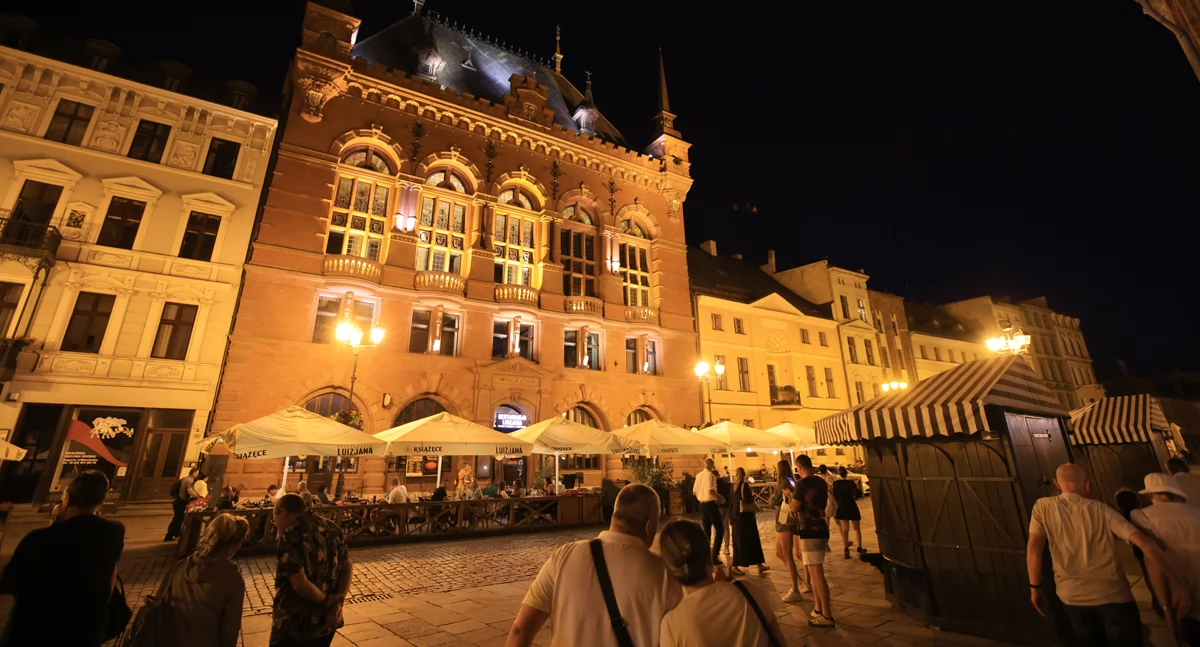
Dramatic events of 28 April 2025 in Spain have become a brutal informing to all Europe, including Poland. The sudden, cascading energy failure, which in a fewer seconds deprived the country of 60% power, exposed the fundamental weakness of modern society based on digital payments. As payment terminals went silent and ATMs became useless, millions of people lost access to their own money. In response, European central banks, which have been promoting the planet without cash for years, are now making a 180-degree return. Their fresh urgent message is clear: all citizen must be prepared for the crisis, and having cash reserves at home is an absolute basis for financial security. It's not a explanation anymore, it's a applicable lesson that we'll all feel the consequences of.
A digital planet without power. A disaster that exposed Europe’s weakness
What happened in Spain was not a terrorist or cyber attack, but a seemingly insignificant method incidental at a transformer station. However, in modern, renewable energy sources of the network, there was no stability, resulting in a fast domino effect. In just 5 seconds, the strategy lost 15 gigawatts of power, bringing the country into the top blackout in history. However, the real drama was not in dark houses, but in the streets and in shops.
In a society where non-cash payments accounted for over 80% of transactions, it abruptly turned out that payment cards and mobile applications were worthless. Data are shocking: payment activity during the first hours fell by catastrophic 55%, which translated into economical losses of the order EUR 400 million in 1 day. Stores, even if they had the stuff, couldn't sale it due to the bad cash registry and systems. Public transport in Madrid and Barcelona stopped and 35 000 passengers were stuck on immobilized trains. The Spanish crisis has proved that full dependence on digital technology is simply a simple way to paralyze the state.
Central banks are changing course. Cash returns to favour as a crisis policy
The reaction of European financial institutions was immediate and shocking to many. The same central banks that have spent decades trying to destruct physical money are now beating the alarm, calling on citizens to keep cash in their homes. This is simply a fundamental change in paradigm reasoning about financial security. The most symbolic example is Swedish Riksbank. A decade ago, a leader in promoting a non-cash society, in late 2024 sent out brochures to each household with a advice to keep cash reserves for at least a week.
He's inactive gone. Dutch central bank (DNB)which has developed circumstantial quantitative guidelines. Based on the analysis of basic needs, experts recommended having a minimum home EUR 70 per adult and EUR 30 per child. That's adequate to cover expenses on food, water and medicines for 72 hours. These activities are no longer simply theoretical suggestions – they become the authoritative policy of banks that have understood that in the face of the failure of electronic systems cash is the only reliable insurance policy for citizens.
Polish RCB model for Europe? How to Prepare for the Worst
Against the background of Europe, which is only learning from Spanish error, Poland appears to be a much better prepared country. Ours Government safety Centre (RCB) For years, it has developed comprehensive guidelines that go beyond the EU minimum. While the fresh EU strategy recommends that citizens prepare for 72 hours (3 days) of self-sufficiency, Polish recommendations talk about readiness for 3 to 7 days. This reflects a deeper knowing of the possible scale and duration of modern crises.
The Polish approach is highly practical. A celebrated RCB guide on alleged ‘runaway backpack’ (or endurance kit) contains a list of more than 25 circumstantial items, from papers and tools to battery radio. Keyly, RCB has long stressed the importance of having cash reserves as a fundamental component of the home emergency kit. In the face of Spanish paralysis, these Polish guidelines, frequently treated with a dull eye, take on mortal importance and become a model for another countries of the Community.
How much cash to keep at home? circumstantial recommendations and applicable advice
The question “how much?” is crucial today. Although Polish services do not give circumstantial amounts, we can usage proven models from another EU countries, adapting them to our realities. The Dutch advice (approx. 300 PLN per adult and 130 PLN per child) is simply a good starting point to cover absolute bases for 3 days. However, it is worth taking this individually.
Here are the applicable steps to take:
- Rate your needs: Think about how much money your household needs for food, water, basic medicines and possible transport for 3-7 days.
- Collect the appropriate amount: Gradually put aside tiny sums until you scope your goal. It doesn't should be a one-time, large expense.
- Take care of the denominations: Keep a mix of bills of different value. In a crisis, no 1 will spend the remainder of 200 or 500 PLN. The most applicable banknotes will be 10, 20, 50 and 100 PLN.
- Keep safe: Find a safe but easy accessible place at home. Avoid apparent hiding places. Inform your trusted household associate of the location of the money.
Spanish blackout is not a distant story, it's a lesson we gotta do. In a planet where 1 short circuit can cut us off from our digital money, a fistful of bills in the drawer ceases to be an anachronism and becomes a sign of caution and responsibility.
Continued here:
Keep the cash at home. Central banks are beating the alarm after full paralysis















